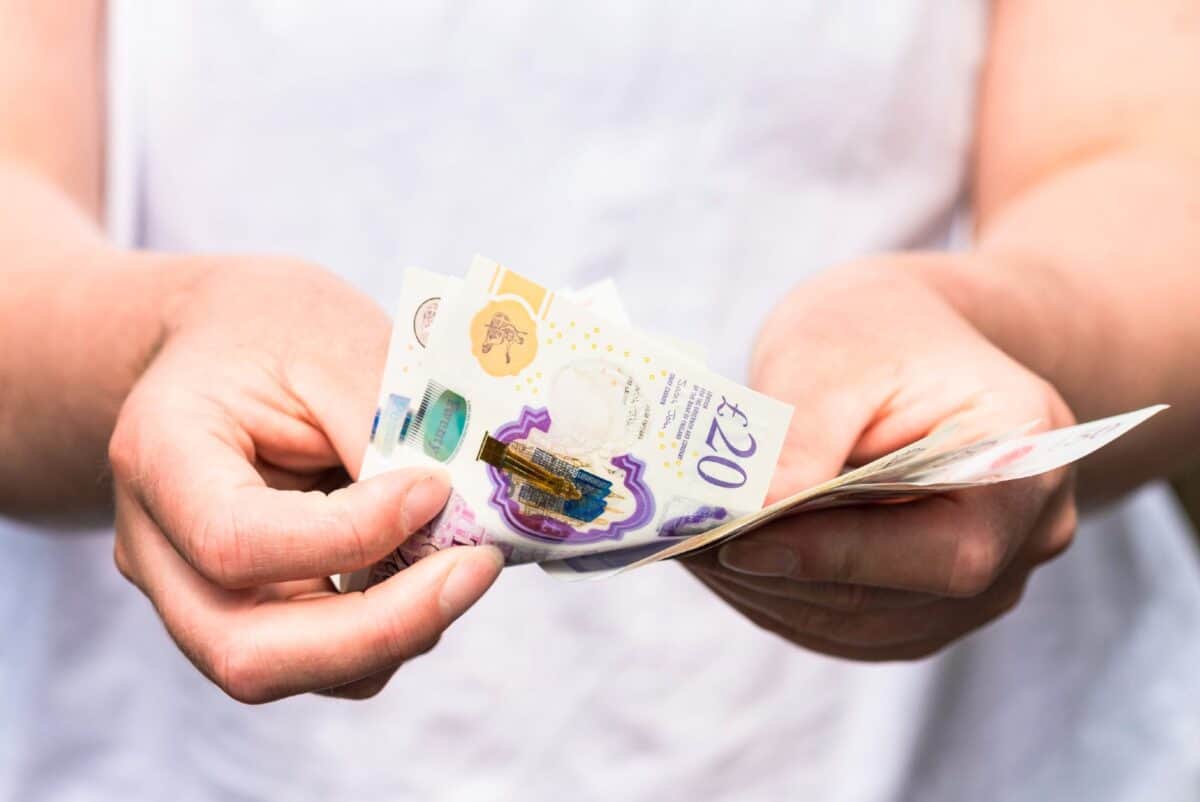Image source: Getty Images
How to start buying shares for the first time? The appeal can be obvious, but the process can seem off-putting.
In fact I think it can be a simple thing to do.
Beginning on a relatively modest scale rather than waiting to save up thousands of pounds first could mean not only that I start buying shares sooner, but also that any beginner’s mistakes are less costly.
1. Setting up a dealing account
My first move would be to put the money into an account that would let me buy and sell shares. That might be a share-dealing account or Stocks and Shares ISA, for example.
With under £500 to invest but still diversifying across different shares to help manage my risks, commissions and fees could soon add up. So I would pay close attention to what suited my budget and investment objectives.
2. Defining an investment objective
Some investors want to buy growth shares. Others are looking for passive income streams thanks to dividends. Some would like both.
I think being clear about one’s objectives can help inform choices along the way.
3. Learning about the stock market
I do not own shares in robotic maker Intuitive Surgical (NASDAQ: ISRG).
Why? After all, I think it is a great business. The market for surgery is large and likely to remain that way indefinitely. By automating parts of the process, Intuitive’s robotics offering can potentially offer hospitals consistency and cost savings.
Selling and servicing the machines and selling single-use attachments used in each surgery is lucrative business. Rivals may eye the firm’s success and launch similar products, pushing down profitability. In fact I see that as a key risk.
But Intuitive has strong advantages, from proprietary technology to a vast library of past procedural processes.
So, why do I not own the shares? Put simply, I think they are just too expensive. Getting to grips with concepts such as valuation matters from the moment one starts investing, if not before.
4. Building a portfolio
Next I would make a shopping list of what I thought were great businesses. Where those shares were available at what I saw as an attractive valuation, I would start buying them with my £500.
That £500 would be enough for me to diversify, for example by buying two or three different shares. I could also consider buying shares in investment trusts, that themselves are usually diversified across a range of different investments.
I would start buying shares the way I meant to go on: focussing on high-quality companies and with an intention to hold for the long term.
5. Holding and aiming for long-term growth
Over time, my experience would grow. Hopefully so too would my portfolio valuation and passive income streams, although that is not guaranteed.
I would aim not to trade regularly. But I would aim to invest more money over time, whether fresh cash or simply the dividends I earned.
Credit: Source link














